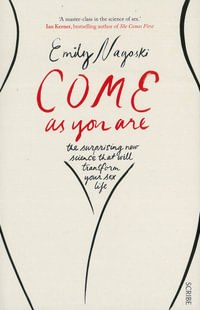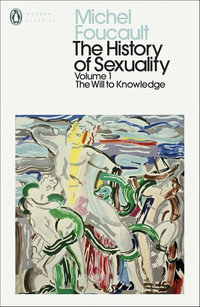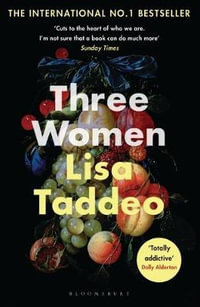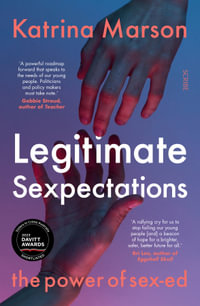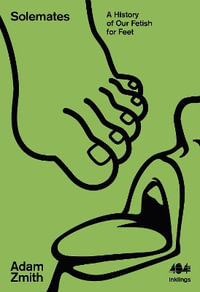This groundbreaking book explores resistance against the harsh policing of sexuality in some Muslim societies. Many Muslim majority countries still use religious discourse to enforce stigmatization and repression of those, especially women, who do not conform to sexual norms promoted either by the state or by non-state actors. In this context, Islam is often stigmatized in Western discourse for being intrinsically restrictive with respect to women's rights and sexuality.
The authors show that conservative Muslim discourse does not necessarily match practices of believers or of citizens and that women's empowerment is facilitated where indigenous and culturally appropriate strategies are developed. Using case studies from Pakistan, Iran, Indonesia, China, Bangladesh, Israel and India, they argue persuasively that Muslim religious traditions do not necessarily lead to conservative agendas but can promote emancipatory standpoints.
An intervention to the construction of 'Muslim women' as uniformly subordinate, this collection spearheads an unprecedented wake of organizing around sexualities in Muslim communities.
Industry Reviews
This exciting collection provides an important contribution to understandings of sexualities and gender, focusing our attention on processes of negotiation, subversion and resistance and challenging assumptions about "Muslimness". With its diversely located studies and rich ethnographic insights, this fascinating book deserves to be widely read. * Andrea Cornwall, professor of anthropology and international development, University of Sussex *
This is one of the most exciting collection of essays to emerge in a long time. Too many popular writings on Islam reinforce stereotypes about Muslim women, and few discuss sexuality at all, let alone with such diversity. This collection challenges the tired stream of books that equate Islam with terrorism and women with claustrophobic veils. A must read for any serious scholar of sexuality, Islam, and women's rights. * Chitra Raghavan, professor of psychology, John Jay College of Criminal Justice *
This riveting book sheds new light on women's strategies for resisting sexual repression in a variety of majority Muslim societies in Asia and the Middle East. Complicating contemporary understandings of "Muslimness" , it demonstrates that women in these societies are highly diverse in their attitudes towards and experiences of sexuality. Clear, cogent and compelling, the book will be of interest to activists and academics alike and is certain to become a key text for years to come. * Marc Lafrance, professor of sociology, Concordia University *
The authors of this pathbreaking book provide a new and much-needed angle to the study of sexual identities, rights, and claims in Muslim-majority societies. Going beyond the vexed "western vs authentic" dichotomy, this excellent volume should be praised for its ability to widen our understanding of how hegemonic norms of sexuality and sexual behaviour are challenged and contested by diverse actors across religious, secular and sexual orientations. A crucial book for scholars of gender, Islam, rights and sexuality. * Ruba Salih, chair of the Centre for Gender Studies, School of Oriental and African Studies, University of London *
The authors are to be congratulated for this excellent volume on sexualities and "Muslimness" in all its diversities. The book captures the challenges of bodily rights, religion and culture for Muslim women's lives in a wide range of nuanced studies that illustrate exactly why sexuality is key to gender equality and human rights. * Wendy Harcourt, Erasmus University, winner of the FWSA 2010 Book Prize *


